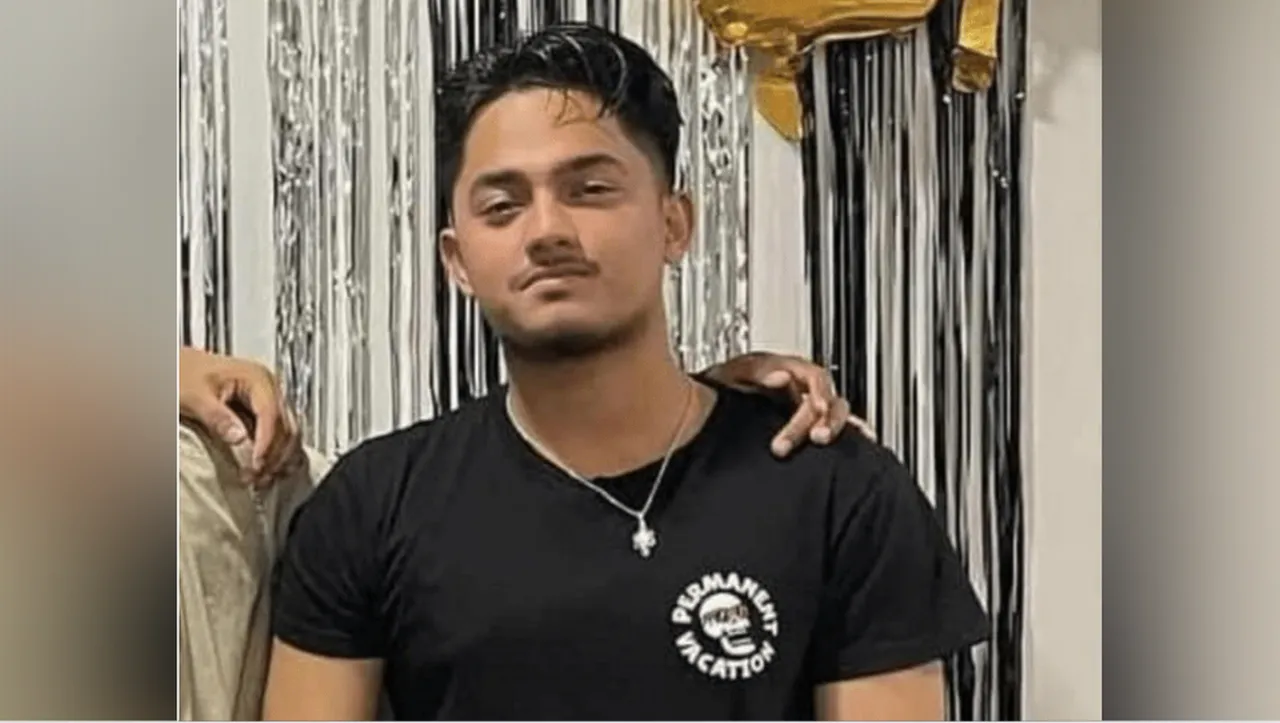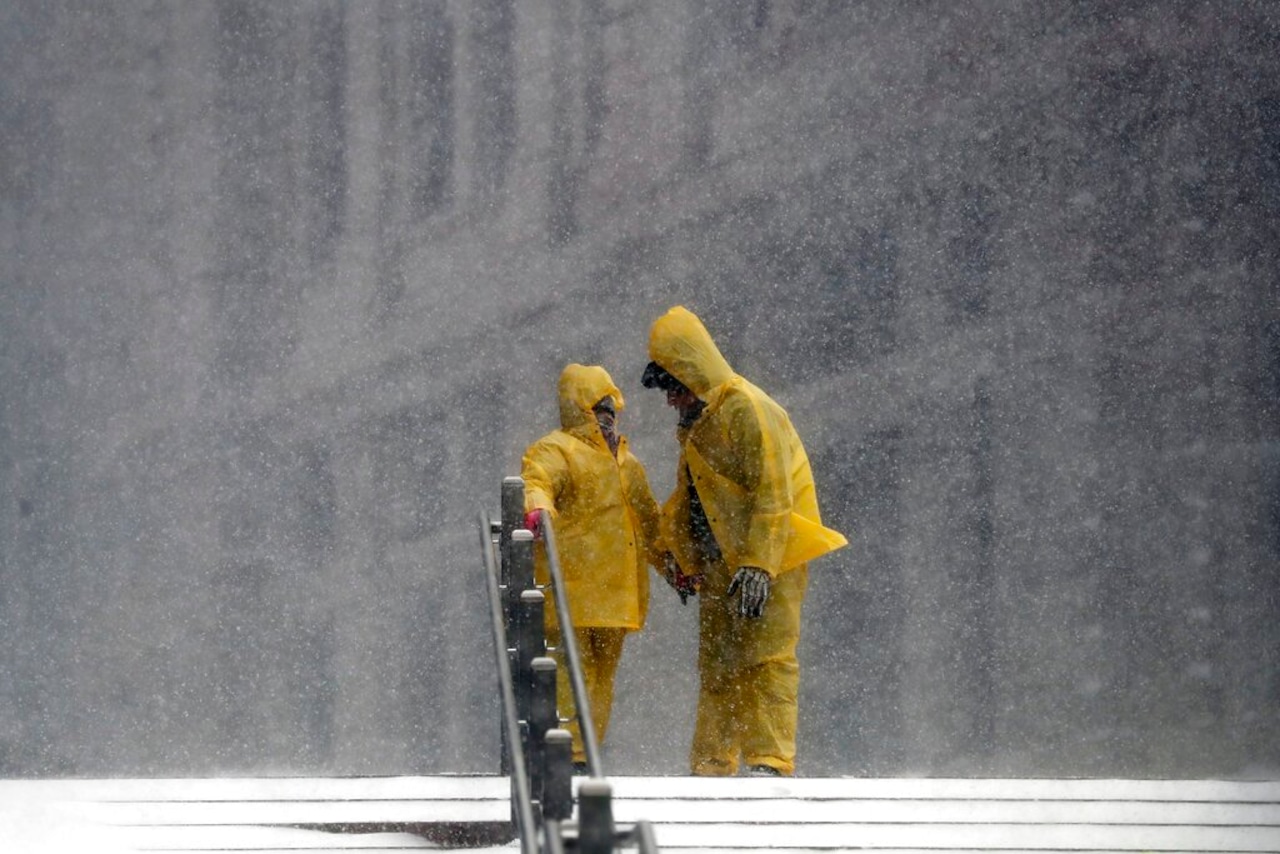
Editor’s note: This article contains descriptions of self-harm.
In January 2023, a Cambridge police officer shot and killed 20-year-old Sayed Faisal — a UMass Boston student who police say was mentally-ill and wielding a “machete-like” knife to cut himself when he was killed. Faisal’s death sparked many Boston-area protests against excessive use of force by police, but last fall, a judge ruled that the fatal shooting was justified.
In the wake of the protests, the Cambridge Police Department commissioned a review of its use-of-force policies by Washington D.C.-based non-profit Police Executive Research Forum (PERF) — a policing research organization and policy consultant led by law enforcement officials.
“Mr. Faisal was clearly in some type of crisis, and the tragic outcome of this incident generated questions in the community,” PERF wrote in the newly-released report.
The entire Cambridge city government hoped the review would be “an opportunity to learn and, hopefully, prevent similar tragedies in the future,” PERF wrote. But while the report found “opportunities to strengthen” Cambridge Police Department’s use-of-force policies, it largely praised what the department had already enacted.
“The last officer-involved critical incident in Cambridge took place more than 20 years before this one. For a city the size of Cambridge, the lack of critical incidents is unusual, commendable, and evidence of its police department’s commitment to resolving incidents without force whenever possible,” the report reads.
What happened leading up to Faisal’s shooting?
Officer Liam McMahon shot and killed Faisal on Jan. 4, 2023, in the backyard of a home in Cambridge — about 13 minutes after police responded to the initial 911 call, according to the report. Police received the 911 call around 1:15 p.m., and the caller told dispatchers that Faisal “was in an alley cutting himself using what the caller later referred to as ‘a machete.’”
The incident was dispatched as “a psychiatric/potential suicide/medical call,” and several officers, including McMahon, responded, according to the report. The officers followed Faisal as he walked about a mile in a non-linear path, “intermittently stopping to look at the officers, smile, and cut himself further.”
“Throughout this time, officers attempted to communicate with Mr. Faisal, asking several times if they could talk to him and offering to get him help, while also calling on him to drop the knife,” the report reads. “Other than looking at the officers and smiling, Mr. Faisal did not engage.”
When Faisal finally entered the backyard, McMahon and another officer followed behind him while other officers took cover behind a car in an adjacent driveway, according to the report. Faisal began moving towards the driveway, and in response, the one officer on scene equipped with non-lethal rounds fired at him.
“Although the projectile hit Mr. Faisal, he smiled and appeared unfazed,” the report reads.
Faisal then turned towards McMahon and began approaching him, to which McMahon responded by backing up and yelling “Drop the knife!” and “Don’t make me do it!” When Faisal did not stop, McMahon fired at him from an estimated 6 to 12 feet away, according to the report. Faisal later died of his injuries in a hospital.
How Cambridge police could improve their use-of-force policies
Overall, PERF found Cambridge Police Department’s use-of-force policies to be “strong” and consistent with the non-profit’s best practices, according to the report. It’s recommendations for how to improve the policies largely involved changes meant to emphasize certain principles.
For example, PERF recommended that the department add a critical-decision-making model it already uses to its use-of-force policy to “highlight the department’s expectation” that officers apply the model. Similarly, it suggested that the department add language about deescalation to “reinforce its commitment” to this principle as part of its overall approach, as well as a “strong policy statement emphasizing the sanctity of human life” that would “set the tone for the entirety of the policy.”
Other recommendations were largely semantic, such as adding references to “the importance of communication skills,” a definition of proportionality or a new definition of deescalation in a specific section.
Still, PERF suggested some actual policy changes, such as creating a special investigative body to evaluate fatal officer-involved shootings, outright requiring that officers attempt verbal deescalation tactics when possible and explicitly stating that officers must give verbal warnings before deploying a greater use of force.
Additionally, PERF recommended that the department consider implementing a co-response model that would allow a mental health professional to respond calls involving mental health crises along with police. It also suggested that the department look into equipping more officers with more non-lethal weaponry.
PERF’s conclusion
PERF’s report recommended dozens of use-of-force policy changes for the Cambridge Police Department to enact, noting that many had been put in place before the report was issued in February 2024. Even so, the non-profit ultimately characterized Faisal’s death as a “tragic” but rare event for the department.
“CPD has a long history as a forward-thinking, trauma-informed, state of the art police department; its members are already trained far more than those of other police departments around the state of Massachusetts and the country,” PERF wrote.




